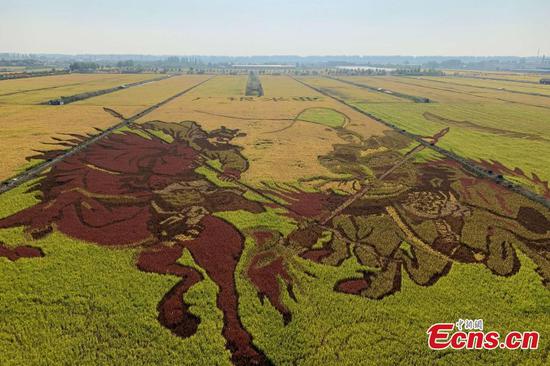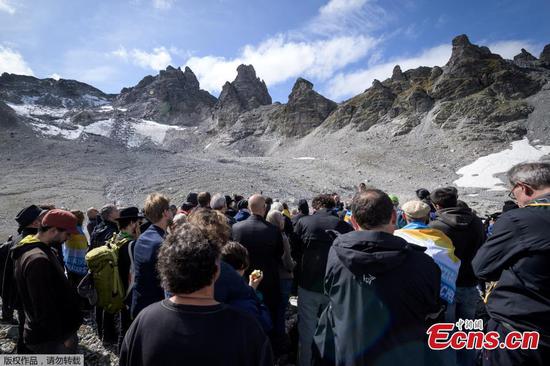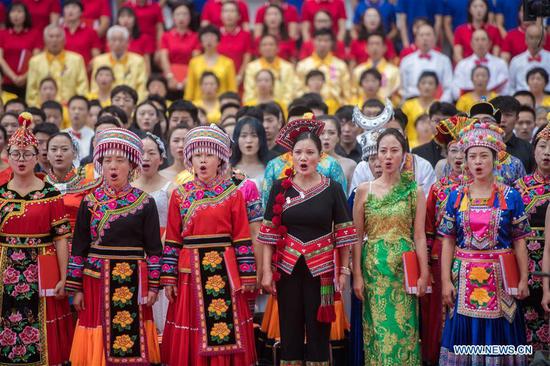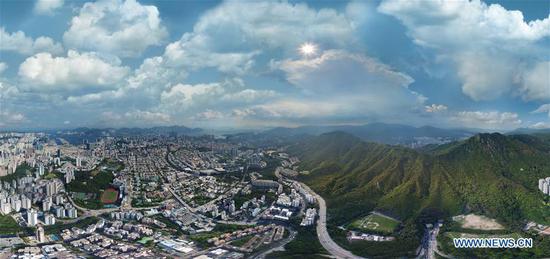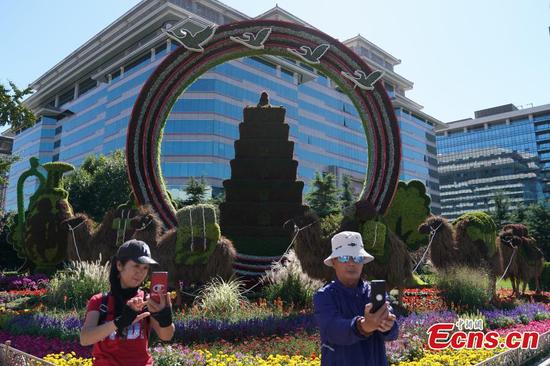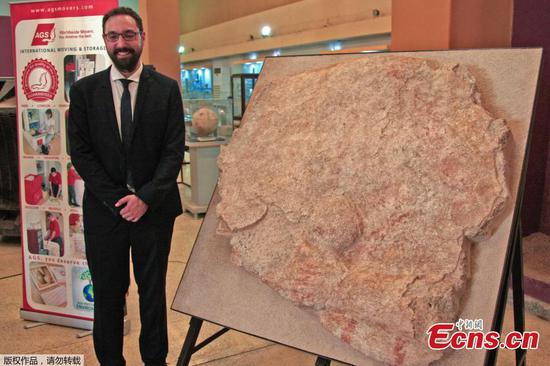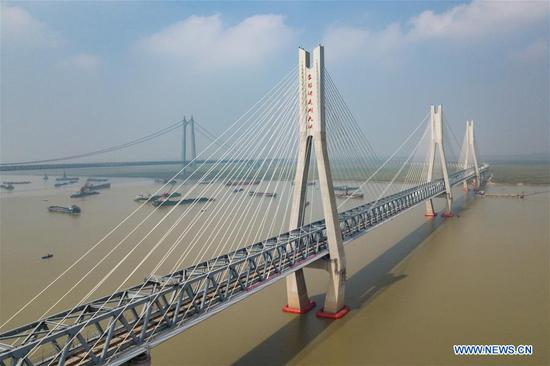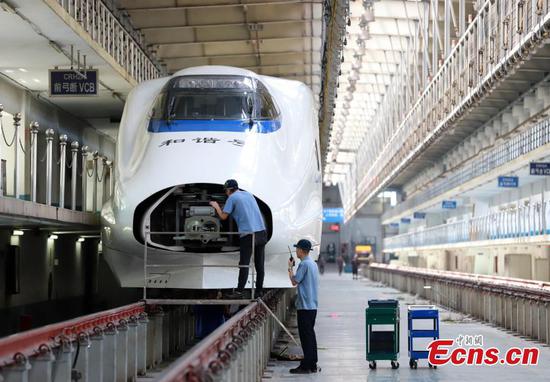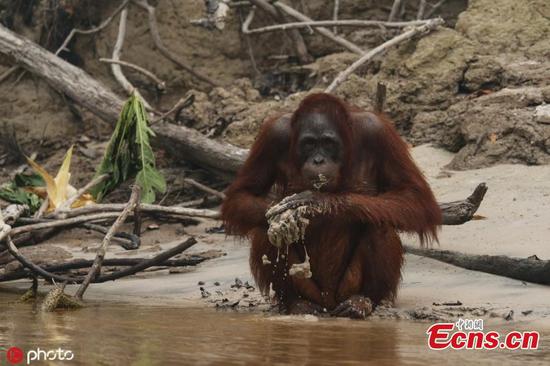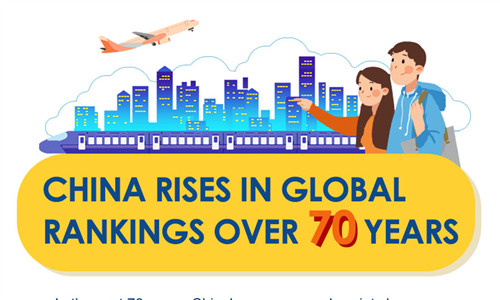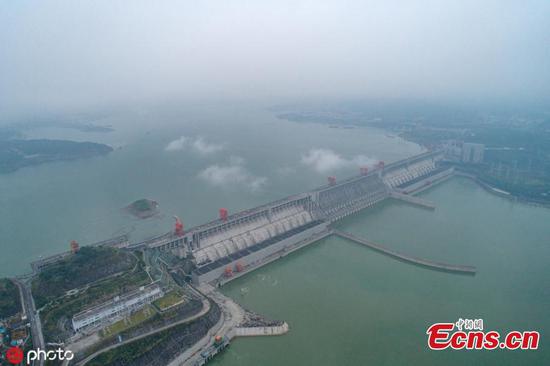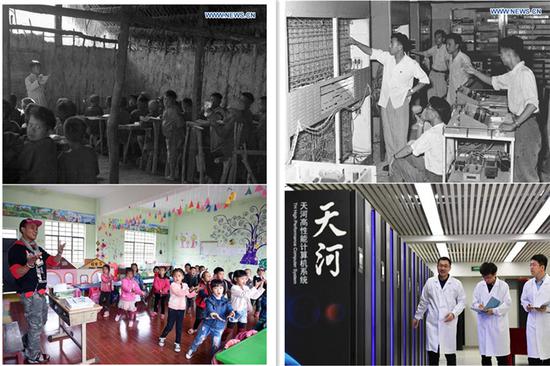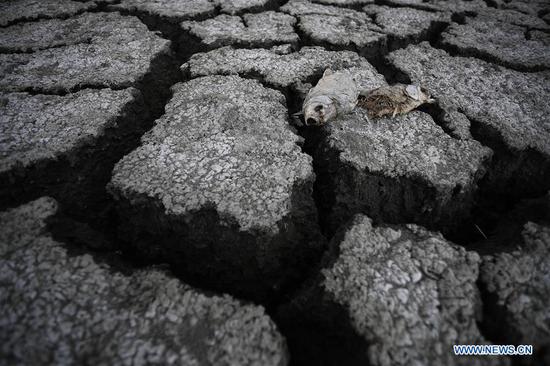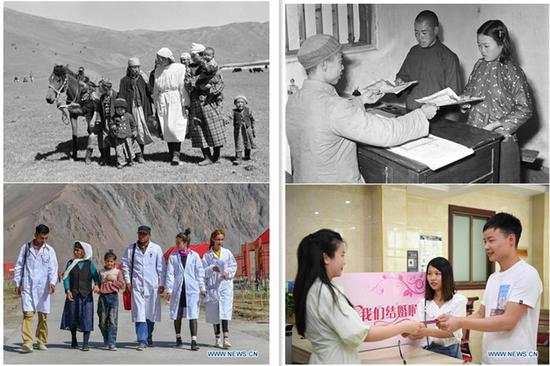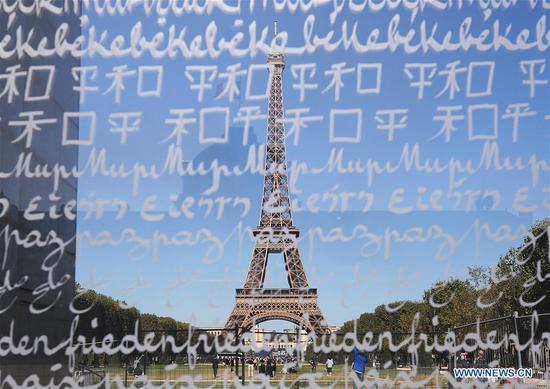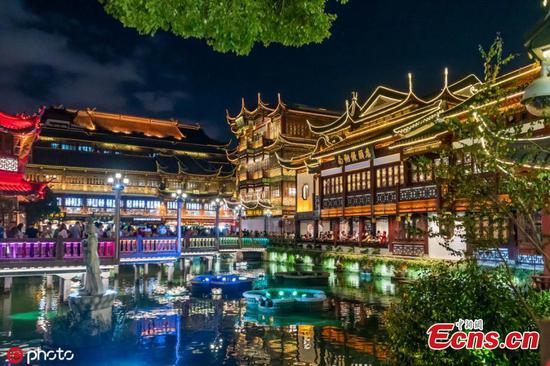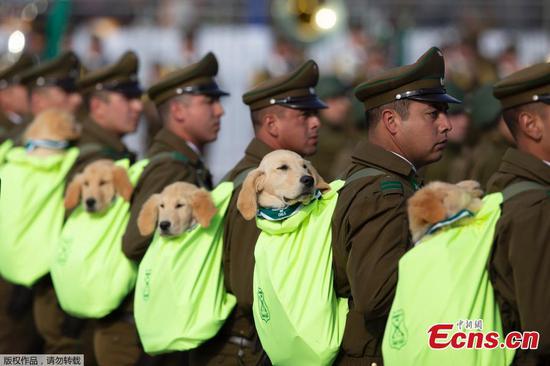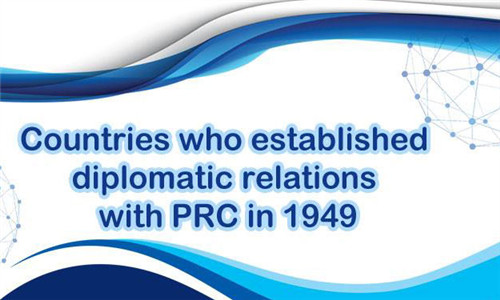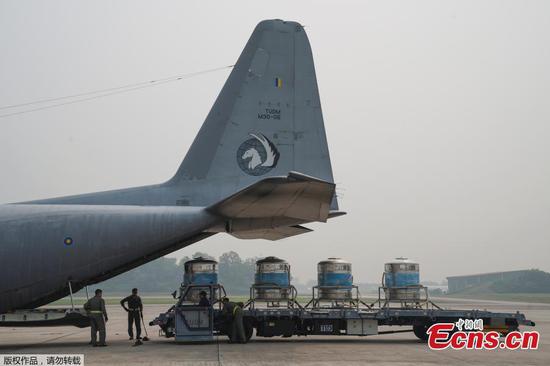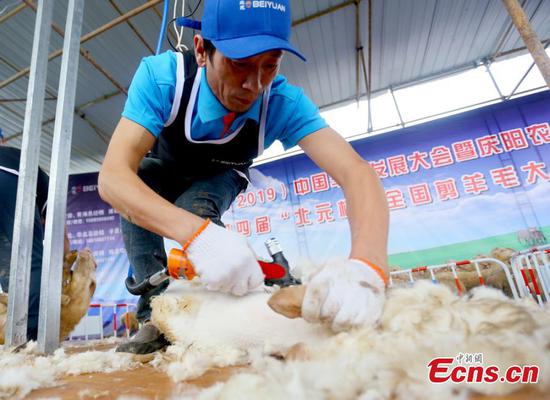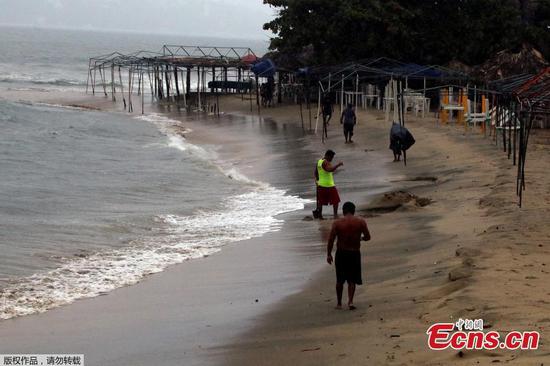Data from municipal bureau show that PM2.5 concentration has hit a record low
Beijing has gained rich experience and set a good example in dealing with air pollution for other cities in the world, according to the mayor of the capital.
Chen Jining said Beijing spent 20 years coping with air pollution, while London has been dealing with it for 30 years and Los Angeles for 60 years.
According to the Beijing Municipal Ecological Environment Bureau, the average concentration of PM2.5 - fine particulate matter that is hazardous to human health - in Beijing dropped to 23 micrograms per cubic meter in August, a record low.
In fact, it was the first time Beijing's PM2.5 level fell below 30 micrograms per cubic m, data from the bureau showed.
In addition, the average concentration of PM2.5 in the first eight months was 42 micrograms per cubic m, which was also a record low.
During the first eight months, Beijing saw 150 days with good air quality. Only three days were reported to have severe air pollution, five fewer than in the same period last year.
The average concentration of PM2.5 in Tianjin, another municipality about 130 kilometers from downtown Beijing, was 26 micrograms per cubic m last month.
Neighboring Hebei province also saw a record low PM2.5 index in August, which was 24 micrograms per cubic m, down 11 percent year-on-year.
To better improve the regional air quality, Beijing, Tianjin and Hebei have been cooperating in monitoring, warning systems and environmental regulations.
In addition to integrated development in the economic sector, the three governments have strengthened their cooperation in environmental protection.
"Beijing has been making efforts in three areas to deal with air pollution-restructuring energy consumption, improving industrial structure and strictly reducing carbon emissions from vehicles," Chen said. "The United Nations Environment Programme speaks highly of the measures Beijing has taken to deal with the pollution."
According to the city's ecological bureau, Beijing's average concentration of PM2.5 dropped 43 percent between 2013 and 2018.
Furthermore, Beijing reduced its coal consumption from 22.7 million metric tons in 2012 to 4 million tons last year. The result is more than 96 percent of the capital's energy supply now comes from clean energy resources.
High-energy-consumption industries including petroleum, steel and petrochemical dropped from 26 percent of the city's total industries in 2001 to only 8.3 percent last year.
In the transportation sector, Beijing has taken multiple measures to encourage the use of electric cars.
As winter looms, the government has warned of the increasing possibilities and challenges of worsening air quality due to increasing emission levels and winter weather's inability to disperse pollutants.
"It's becoming more challenging to fight against air pollution, but we will keep working hard to improve the city's air quality," Chen said.









